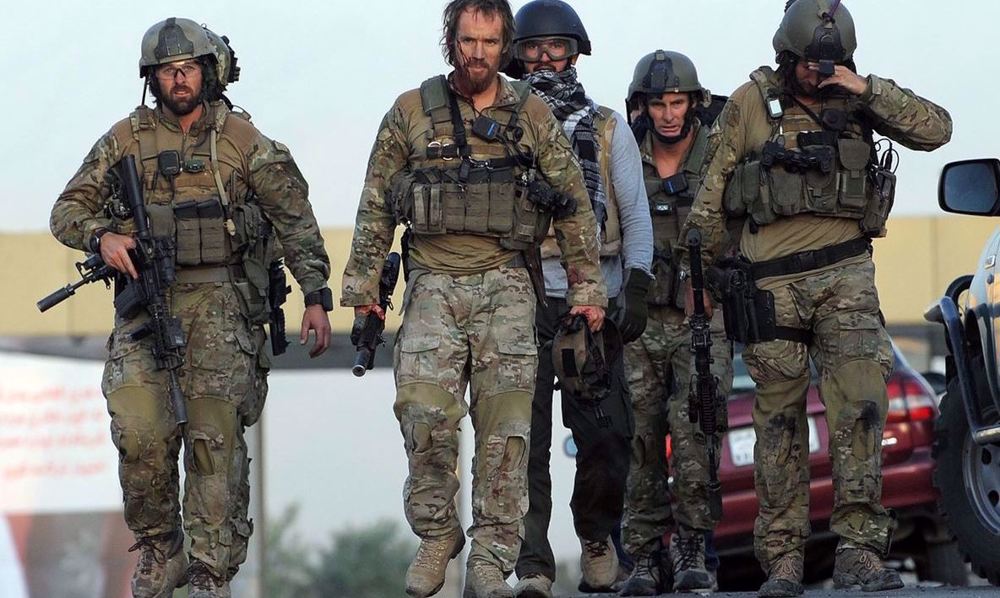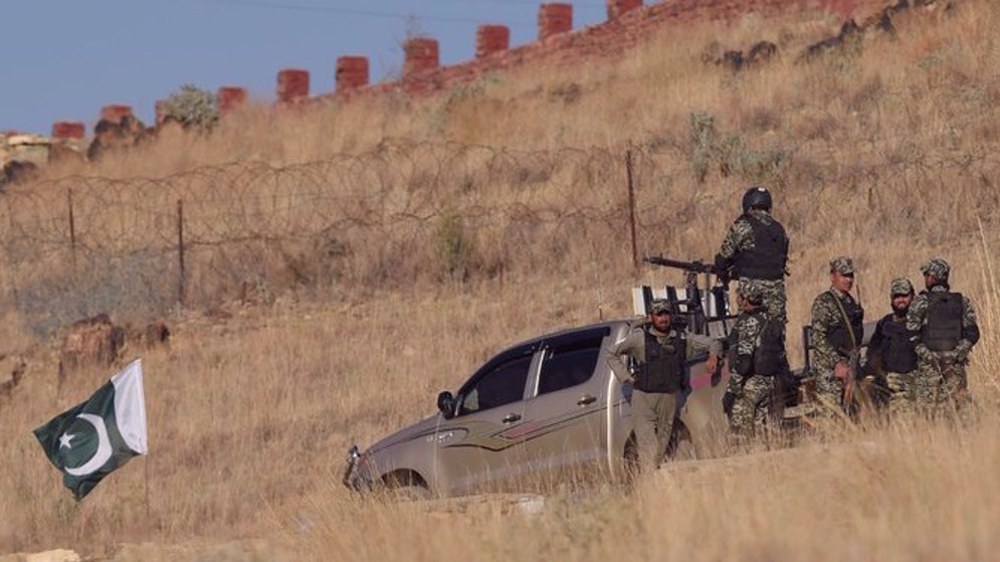Mullah Akhtar Mansour killed in drone attack: Taliban
The Afghan Taliban militant group has confirmed reports that its leader Mullah Akhtar Mohammad Mansour was killed in a US assassination drone strike against Pakistan's conflict-ridden southern province of Balochistan.
Mullah Abdul Rauf, a senior commander of the militant group, said on Sunday that Mansour died in an aerial attack on Friday night.
Rauf said the strike took place “in the Afghanistan-Pakistan border area.”
Meanwhile, President Ashraf Ghani’s office has confirmed the strike with a spokesman for Afghan president saying on Sunday that a drone strike targeting Afghan Taliban leader appears to have been successful, Reuters reported.
Ghani’s acting spokesman, Sayed Zafar Hashemi, who accompanies Ghani at a conference in Qatar, said, "The raid was done in agreement with Afghan authorities. It seems to be successful. We are assessing for confirmation.”
"Our hope and understanding is that in the wake of these new developments an Afghan-led peace process would result in bringing lasting peace and stability," he added.
The country’s chief executive, Abdullah Abdullah, has been also quoted as saying that Mansour is “more than likely” dead.
Later on Sunday, Afghanistan's spy agency said the leader of the Taliban, Mullah Akhtar Mansour, has been killed in an air raid.
"Mansour was being closely monitored for a while... until he was targeted along with other fighters aboard a vehicle," Afghanistan's National Directorate of Security said in a statement.
On Saturday, the US Department of Defense announced in a statement that it had mounted the strike against Mansour “in a remote area of the Afghanistan-Pakistan border region.”
“Mansour was the leader of the Taliban and actively involved with planning attacks against facilities in Kabul and across Afghanistan, presenting a threat to Afghan civilians and security forces, our personnel and coalition partners,” the statement read.
He was “an obstacle to peace and reconciliation between the government of Afghanistan and the Taliban, prohibiting Taliban leaders from participating in peace talks with the Afghan government that could lead to an end to the conflict,” the Pentagon added.
The Taliban have seen a string of defections ever since the news about the death of its founder and long-time leader, Mullah Mohammad Omar, broke in late July 2015. Mullah Omar died at a hospital in Pakistan’s southern port city of Karachi in April 2013.
The Taliban said they had concealed his death for two years as they did not want to make it public until foreign forces would have ended their fight against the militants in Afghanistan.
The news about Mullah Mansour’s death come as splinter groups within the Taliban had refused to pledge allegiance to him.
There have also been growing differences among Taliban elements over peace talks with the Afghan government, with some vowing to fight for power instead of taking part in negotiations.
The Taliban militant group recently announced the start of its annual spring offensive against Afghan security forces and US-led foreign forces across the conflict-ridden country.
The Taliban said in a statement that the campaign had begun on April 12. The militants dubbed the offensive “Operation Omari” in honor of Mullah Omar.
Hamas thanks Iran, Resistance Front following achievement of ceasefire in Gaza
'Capitulation': Israeli officials and media concede Gaza defeat as truce unfolds
'Gaza has won': Social media users react to ceasefire with mix of relief, joy
Iran seeks South Korea’s assistance for AI, fiber-optic projects
VIDEO | Iran's 'Eqtedar' (Power) maneuver
Israel hits HTS military target in Syria for 1st time since fall of Assad
VIDEO | Press TV's news headlines
Israel has slaughtered 13,000 students in Gaza, West Bank




















 This makes it easy to access the Press TV website
This makes it easy to access the Press TV website